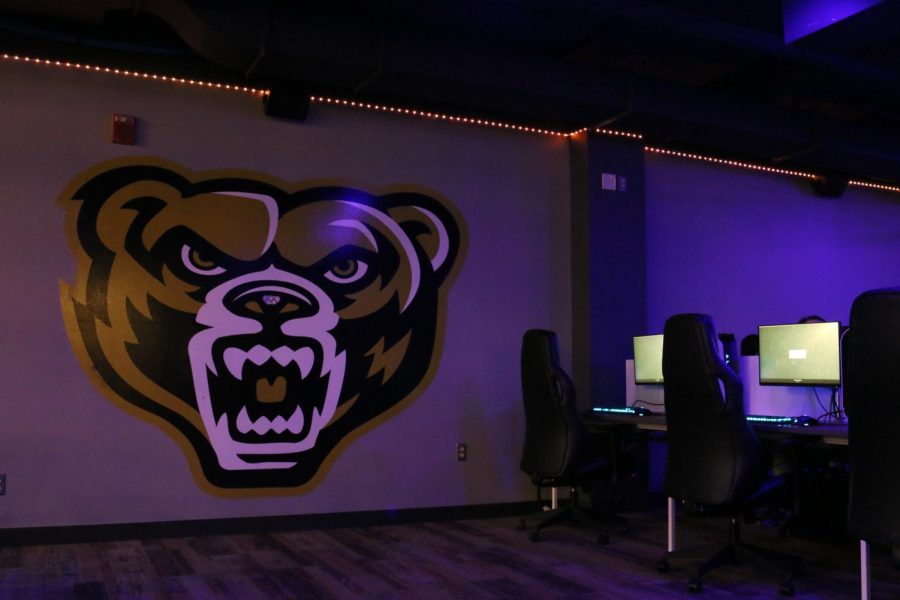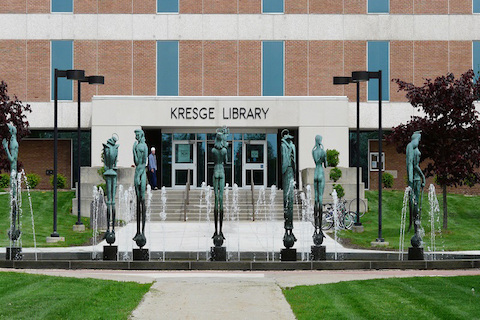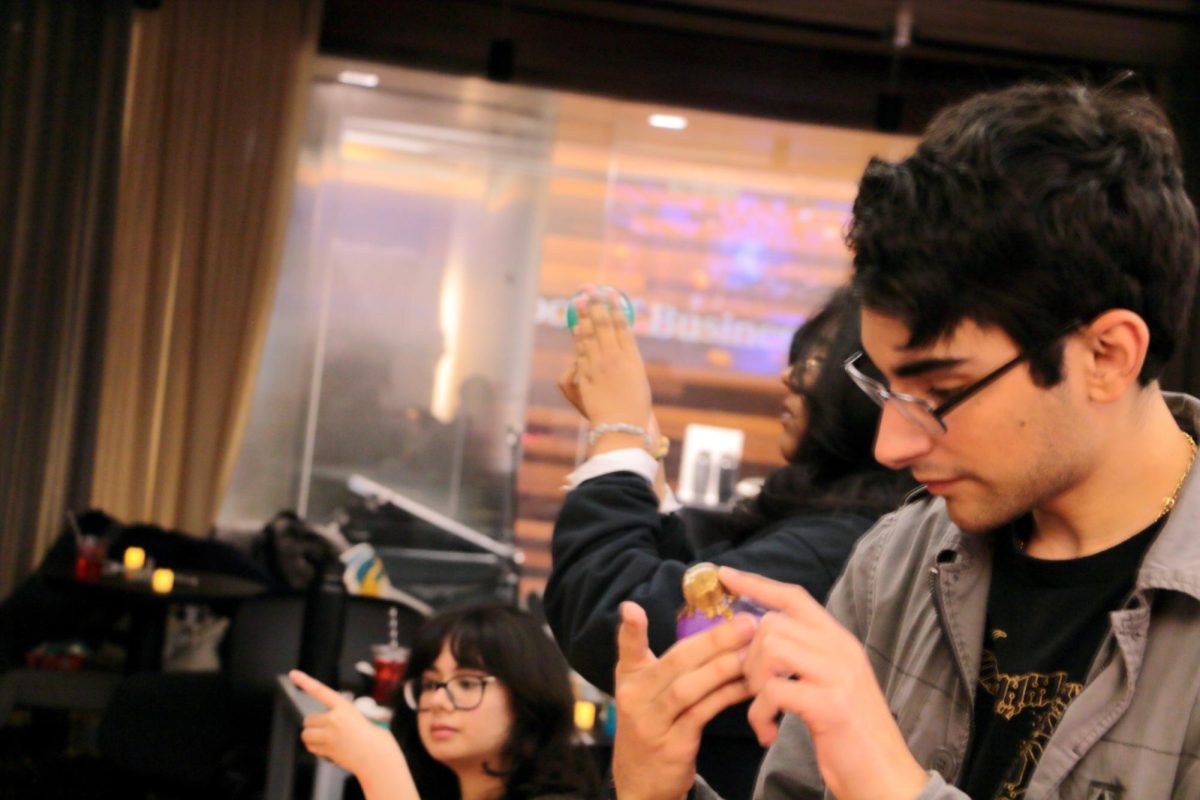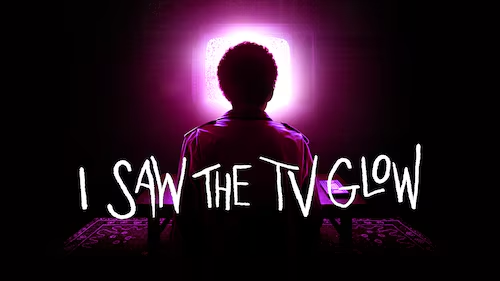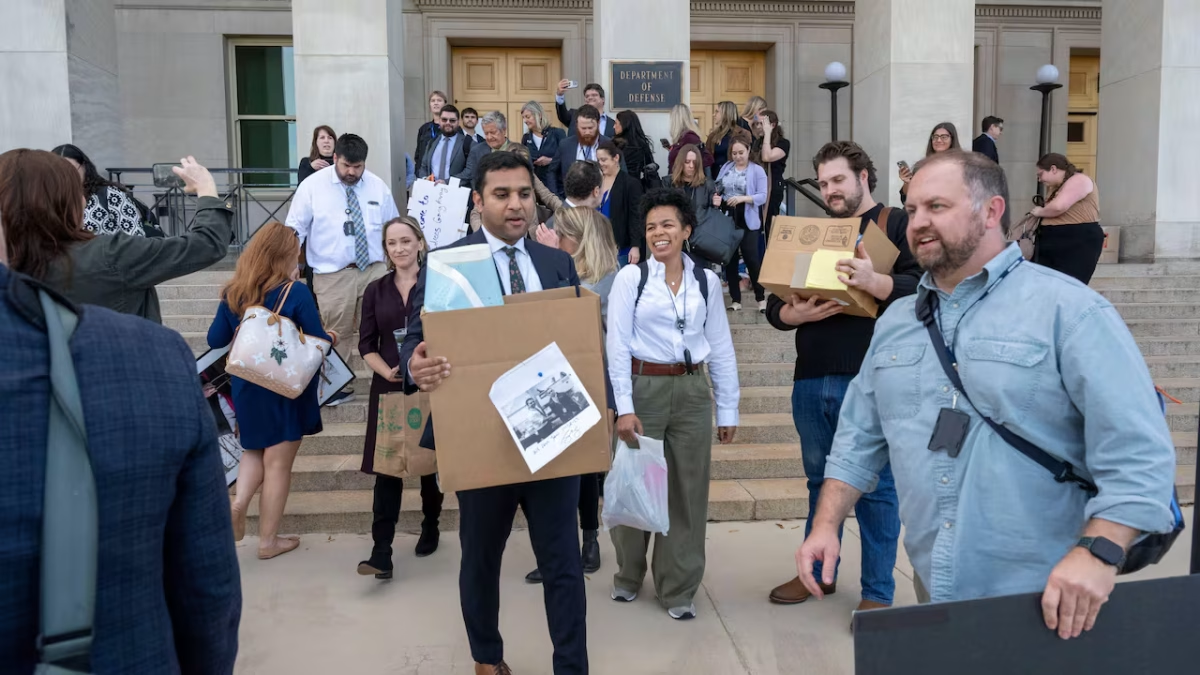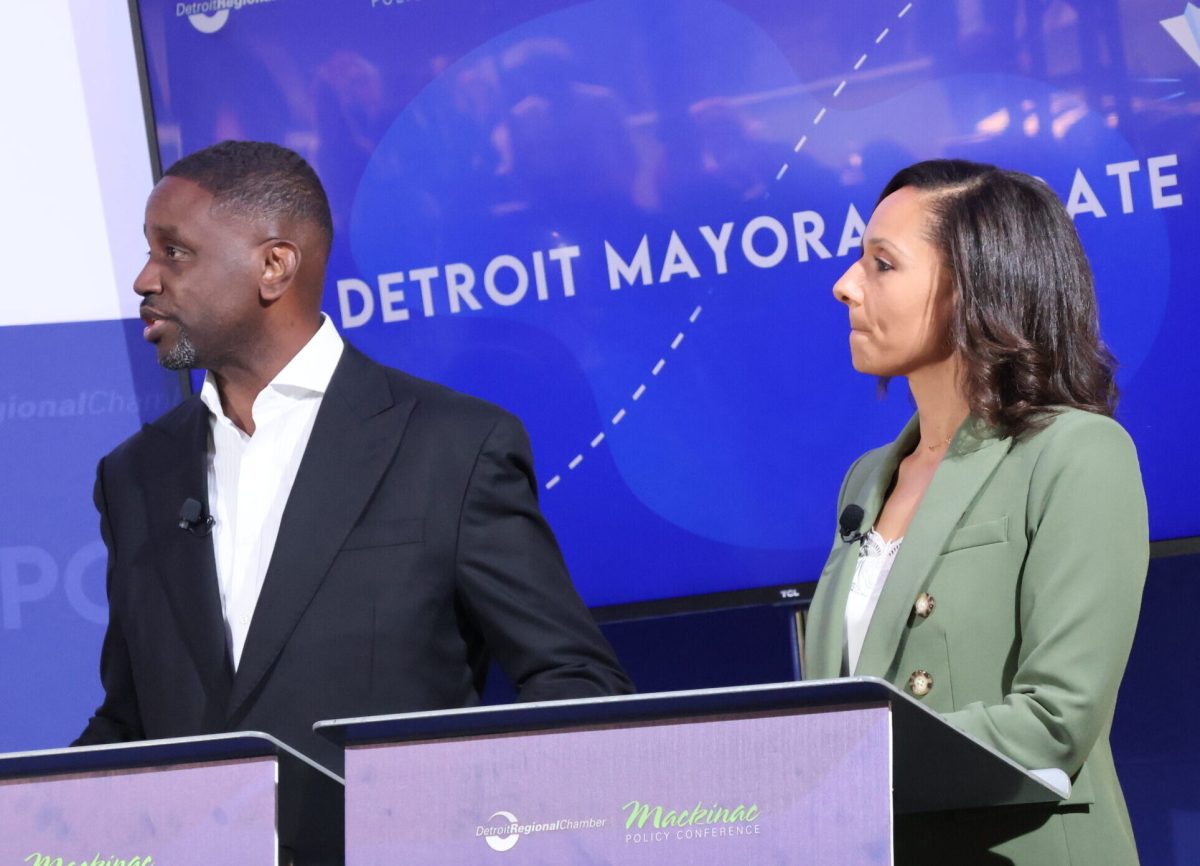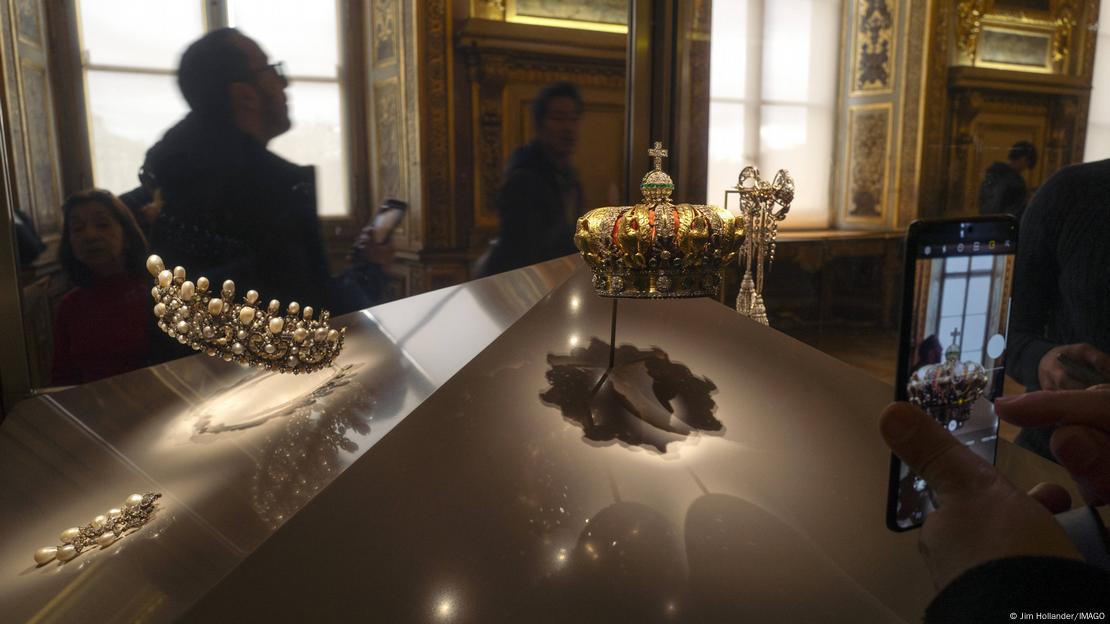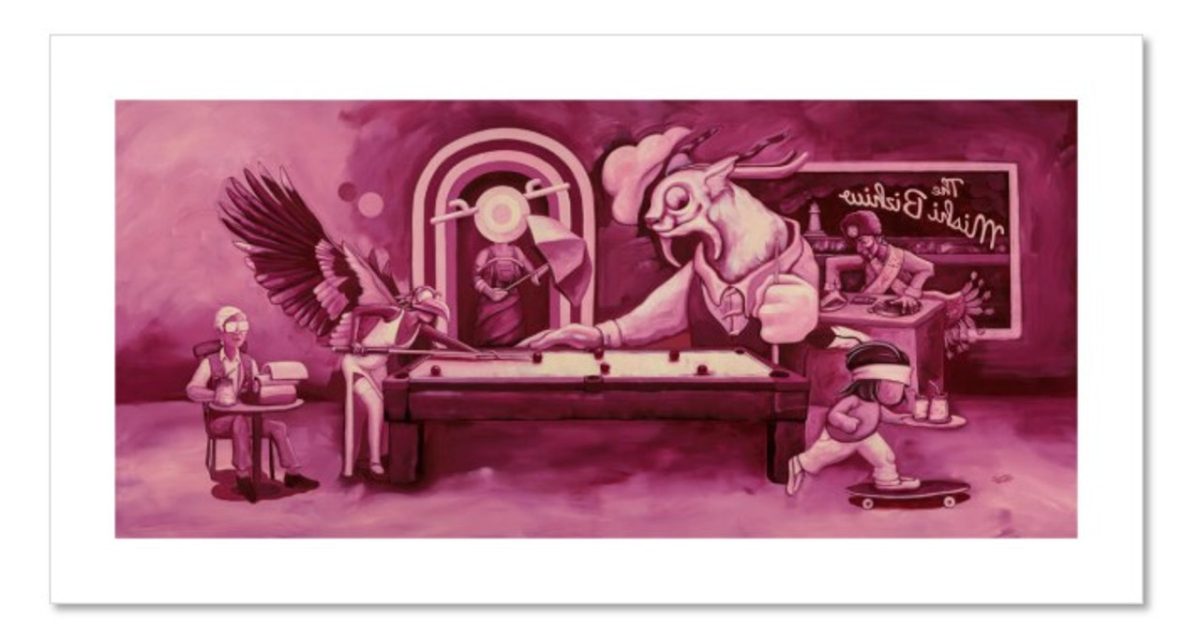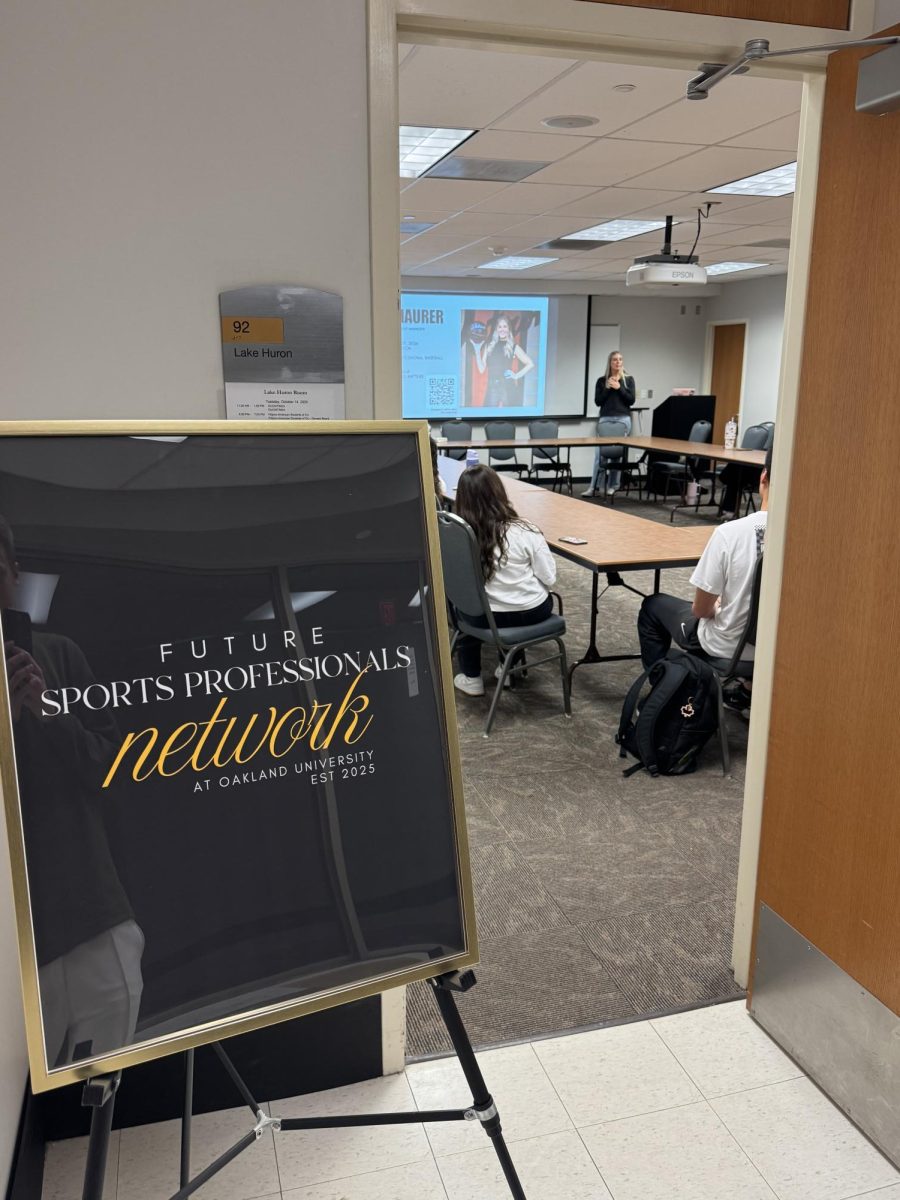The concept of esports dates back to the 1980s with competitions for games such as Space Invaders and Donkey Kong. Esports has evolved throughout the years to become a hit phenomenon. As more engaging, competitive games continue to be released, spectators may gather to cheer for esports events just as much as a soccer or basketball game.
Carl Leone has been Oakland University’s esports head coach since March 2020. Leone explains his coaching style as the varsity team begins its fourth competitive season.
“I run five different teams across four games,” Leone said. “We got Rocket League, Smash [Super Smash Bros Ultimate], League of Legends and Overwatch. We have two Smash teams.”
Esports are exciting to watch in person, but platforms such as Twitch have made streaming a more accessible way to view such events. Leone explains why the OU esports team livestreams their matches on the team’s Twitch account.
“We stream two matches a week,” Leone said. “If we have five teams playing every week, that would be madness to try to stream them all. Two a week kind of varies which game we do by the week, but we give everybody their own spotlight.”
Leone goes on to explain how other students can get involved.
“The nice part about the broadcast is that it actually gives us a chance to have students get involved,” Leone said. “There’s a lot of gamers on campus that can’t really engage or be official members of the team, so we reach out with programs like Rocket League tournaments to engage with those students so they can have a good time and enjoy it.
“Also with the broadcast, it’s an opportunity for students to come in and cast matches, lend their voice and get a little bit of experience if they want to work in esports later,” Leone added.
Leone explains what technology they have access to for the team.
“The Grizz Den upgraded and built out the space,” Leone said. “We have 28 high-end Alienware PCs that were brand new last year. They’ve got [RTX] 3070s in them, and i7s, which are top of the line at the time and still really good high-end PCs.”
While standard computers have relatively good components, Leone mentions how the back-row PCs are even better.
“In the back row, they are 360 hertz, which is a much higher tech monitor,” Leone said. “Our Rocket League players love playing on those. Our philosophy is that we get the highest tech so that our players can just worry about playing at the highest level and not have to worry about tech issues.”
Leone explains how flawless the internet is for teams, even in such a high-traffic area as the Oakland Center.
“The other nice thing is that we’re on gigabit internet here, so we never have internet issues,” Leone said. “All of these PCs are on their own private network, so nobody else can get on the network. This allows us to do a lot of fun things with the broadcast, but also so that we don’t get DDoS or anything like that. I don’t want to take credit for it because Chris Reid and the Oakland Center pioneered it. I just helped push the vision in the right direction.”
For students interested in following Oakland esports throughout their competitive season or wanting to get involved with the team, visit the team’s OU webpage or Linktree for all of their platforms.



